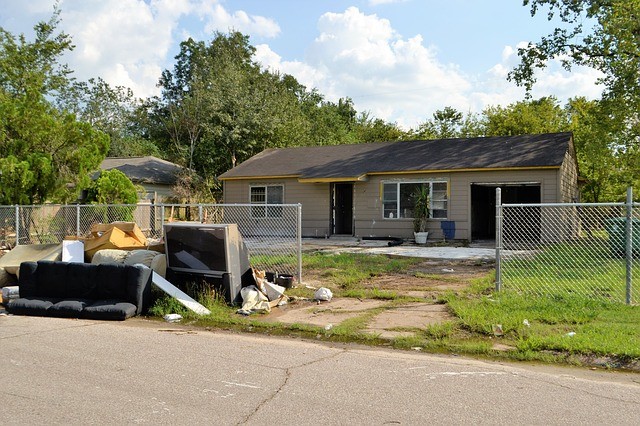Is Your Home Really Safe? Watch for These Potentially Dangerous Products

After the onset of COVID-19 in 2020, we all began to see a rise in people taking their health much more seriously than in recent years. As at-home gym equipment began flying off the shelves, along with cleaning products and toilet paper, many Americans also became more aware of the dangers associated with common household products.
Most are unaware of the number of dangerous products that are generally present in the average household. In fact, everything under your kitchen sink and even your mattress holds potentially dangerous, cancer-causing chemicals.
The presence of dangerous chemicals in household products has become so common that many people are considering filing lawsuits after using products and developing cancer. Here, we'll explore exactly what types of products might be harboring potentially deadly chemicals in your home.
Mattresses
Probably the last object in your home that you'd suspect as being potentially dangerous is your bed. We spend a third of our lives sleeping. That said, we spend a lot of time in bed, and most of us are completely unaware of the dangerous synthetic materials that we're sleeping with.
In 2007, regulations were passed stating that all mattresses had to be treated with flame retardant chemicals. This was done in order to pass new rigorous testing. All mattresses must pass a blowtorch test, meaning that any mattress must withstand the heat from a blowtorch for at least 70 seconds.
So, unless your mattress specifically states that it is 100 percent toxin-free or rated by the Global Organic Textile Standard (GOTS), you're likely sleeping atop chemicals that can be hazardous over time if they should begin breaking down.
Cosmetics and Hygiene
In years past, cosmetics were the subject of great scrutiny because of the horrific testing performed on animals during development. As those practices have largely subsided, the ingredients in cosmetics are now the subject of debate and testing as well.
Most cosmetics and hygiene products contain parabens, an ingredient used as a preservative and common to most makeup products along with moisturizers, shaving creams, hair gels, shampoos, conditioners, and many more.
Parabens help prevent bacterial growth in your products, but they can also mimic estrogen and act as an endocrine suppressor. Estrogen in large amounts can agitate tumor growth, and spikes in estrogen can lead to the development of cancer cells.
Scented Candles
Everyone loves the aroma of a scented candle. Not only are these made for therapeutic purposes, as seen in most self-care toolkits, but they're also used just to lighten the air and mask odors.
The problem with scented candles comes in two forms. First, the added scent. Second, paraffin wax. So, basically, the entire candle is the problem.
The National Institute of Health released findings from studies conducted on scented products and found that when heated, these products emitted more than 100 different volatile organic compounds, some of which are considered hazardous or potentially deadly according to federal laws.
Paraffin wax is also an issue because it is a petroleum-based compound. These compounds are known to emit benzene and toluene, both of which are cancer-causing chemicals.
Granite
Unless you're an obsessive sculptor, you probably don't have a huge slab of chiseled granite sitting in your living room, and this is a good thing. Honestly, you may not have ever related granite as a potentially dangerous material, but think again.
Many homes have colored granite countertops, floors, and other products in several forms where granite is used. The problem with granite is that it can give off high levels of Radon gas.
Radon is a carcinogenic radioactive gas that comes from Radium. It cannot be seen or tasted and at high levels, it is potentially life-threatening. In studies performed, pink and red-colored granite had as much as 3.5 times the amount of Radium present than found in grey or black granite.
Now, don't go running outside just yet. Most granite countertops aren't going to cause you cancer, however, it is recommended that you get your countertops tested for Radon just to be safe.
All in all, the list of potentially dangerous household products is entirely too long to list. The best way forward, however, is to educate yourself on the potential dangers that some products that you might use hold.
Look at ingredients and warning labels before purchasing anything. This way, you'll ensure that you're buying safer products and be able to rest free of worry.
Subscribe to Latin Post!
Sign up for our free newsletter for the Latest coverage!













